Search titles
Displaying results 1 to 5 of 5.
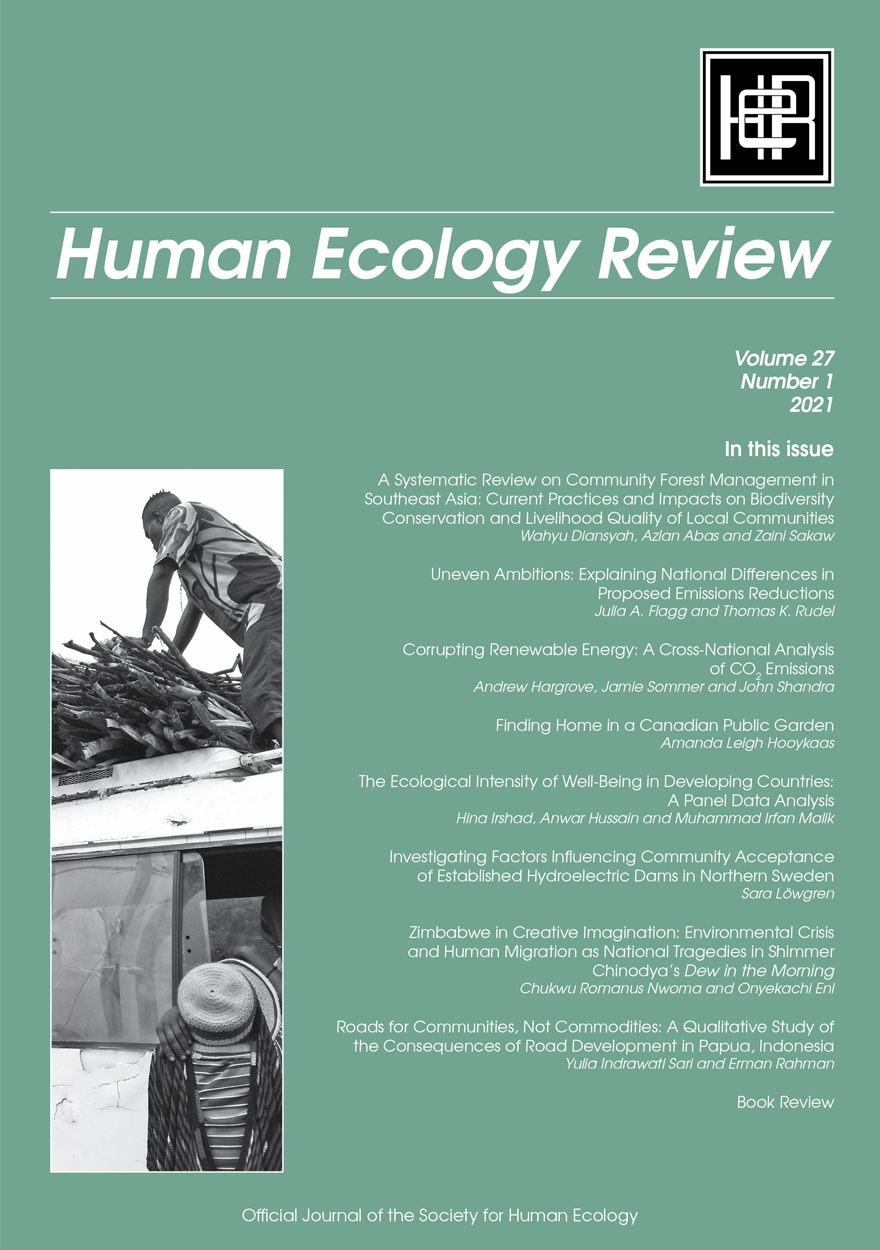
Human Ecology Review: Volume 27, Number 1 »
Publication date: December 2021
This volume of Human Ecology Review represents an internationally diverse range of human ecology research and practice. Diansyah, Abas, and Sakawi present a review of community forest management in Southeast Asia and its impacts on biodiversity conservation community livelihoods. Flagg and Rudel survey national differences in proposed greenhouse gas emission reductions and relative levels of fossil fuel dependencies. On a similar topic, Hargrove, Sommer, and Shandra link national levels of CO2 emissions to levels of executive and public sector corruption, with consequences for transitioning to renewable energy economies. Hooykaas provides a Canadian place-based case study of the role of public gardens in developing a sense of being ‘at home’. Irshad, Hussain, and Malik analyse the ecological intensity of different levels of well-being across a number of developing countries. From Sweden, Löwgren explores a range of factors that encourage or reduce community acceptance of hydroelectric power generation. Nwoma and Eni provide a fascinating discussion on the interconnectedness between literature and Zimbabwe’s environmental crisis. Finally, Sari and Rahaman give us a study of the community impact of road development in Papua, Indonesia.
Download for free
Not available for purchase
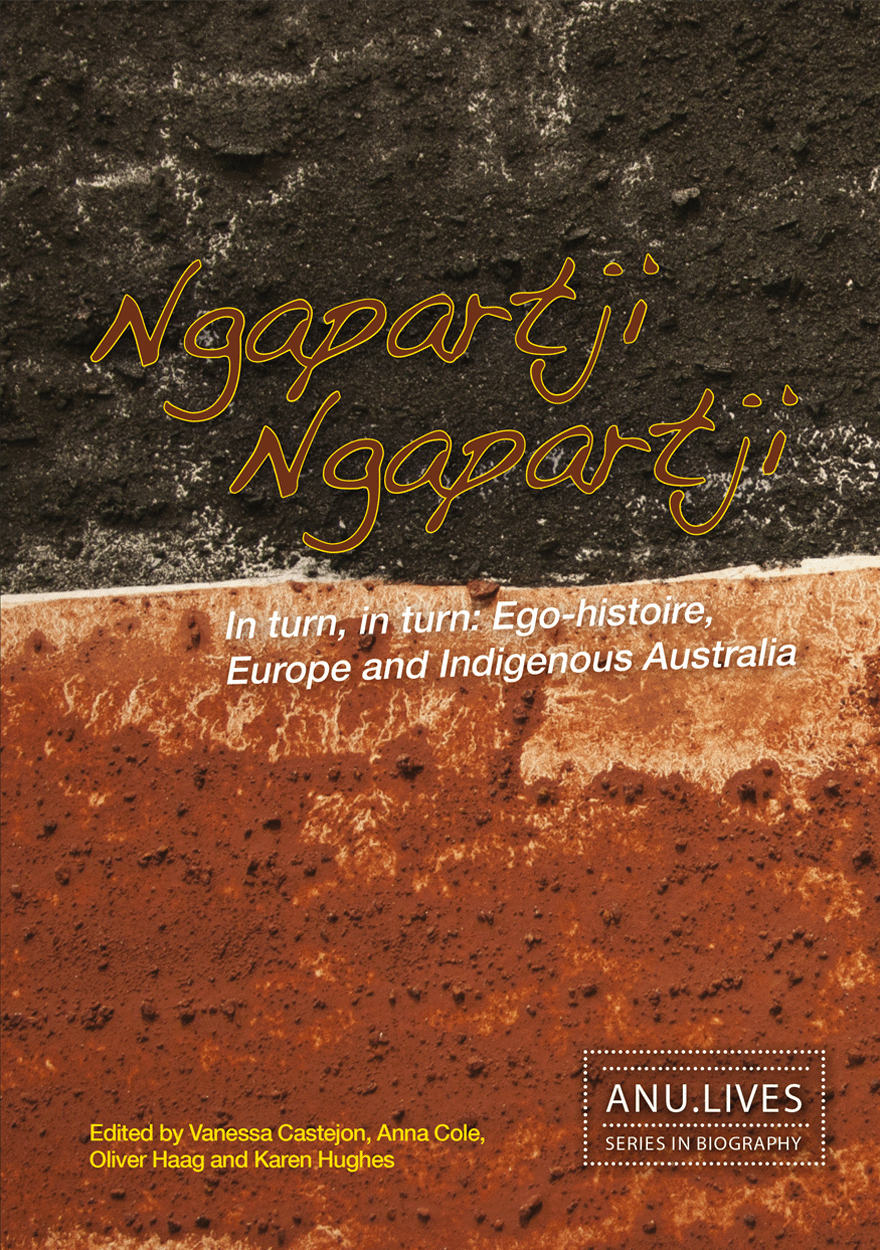
Ngapartji Ngapartji »
In turn, in turn: Ego-histoire, Europe and Indigenous Australia
Publication date: November 2014
In this innovative collection, Indigenous and non-Indigenous scholars from Australia and Europe reflect on how their life histories have impacted on their research in Indigenous Australian Studies. Drawing on Pierre Nora’s concept of ego-histoire as an analytical tool to ask historians to apply their methods to themselves, contributors lay open their paths, personal commitments and passion involved in their research. Why are we researching in Indigenous Studies, what has driven our motivations? How have our biographical experiences influenced our research? And how has our research influenced us in our political and individual understanding as scholars and human beings? This collection tries to answer many of these complex questions, seeing them not as merely personal issues but highly relevant to the practice of Indigenous Studies.
I think this rich collection will become a landmark text and a favourite within Australian scholarship. I am keen to see it published so that I can recommend it to others
— Professor Emerita Margaret Allen, Gender Studies and Social Analysis, University of Adelaide
The idea was to explain the link between the history you have made and the history that has made you
— Pierre Nora
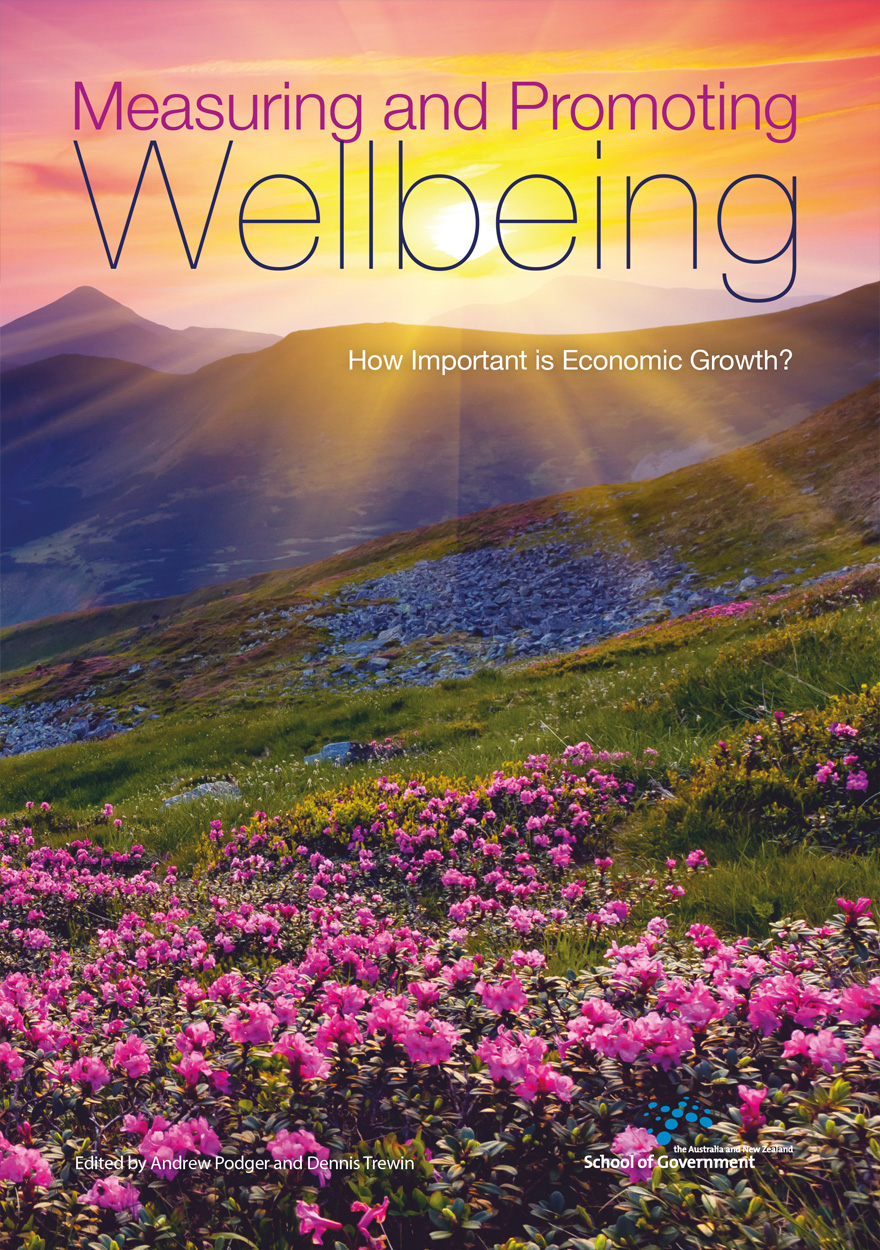
Measuring and Promoting Wellbeing »
How Important is Economic Growth?
Edited by: Andrew Podger, Dennis Trewin
Publication date: April 2014
Australia continues to be at the forefront of international work on measuring and promoting wellbeing, Ian Castles being a significant contributor over the last forty years as an official and academic. This book combines a selection of Castles’ important work with contemporary research from a range of contributors.
The material is in four parts:
1. The role of economics in defining and promoting wellbeing
2. Measuring real income and wellbeing
3. Measuring inequality
4. Climate change and the limits to growth.
The issues canvassed are both long-standing and current. Does economic growth contribute to wellbeing? How different is income to wellbeing? How do we measure societal wellbeing and take its distribution into account? The book will be of value to all those looking to informed debate on global challenges such as reducing poverty, sustaining the environment and advancing the quality of life, including politicians, commentators, officials and academics.
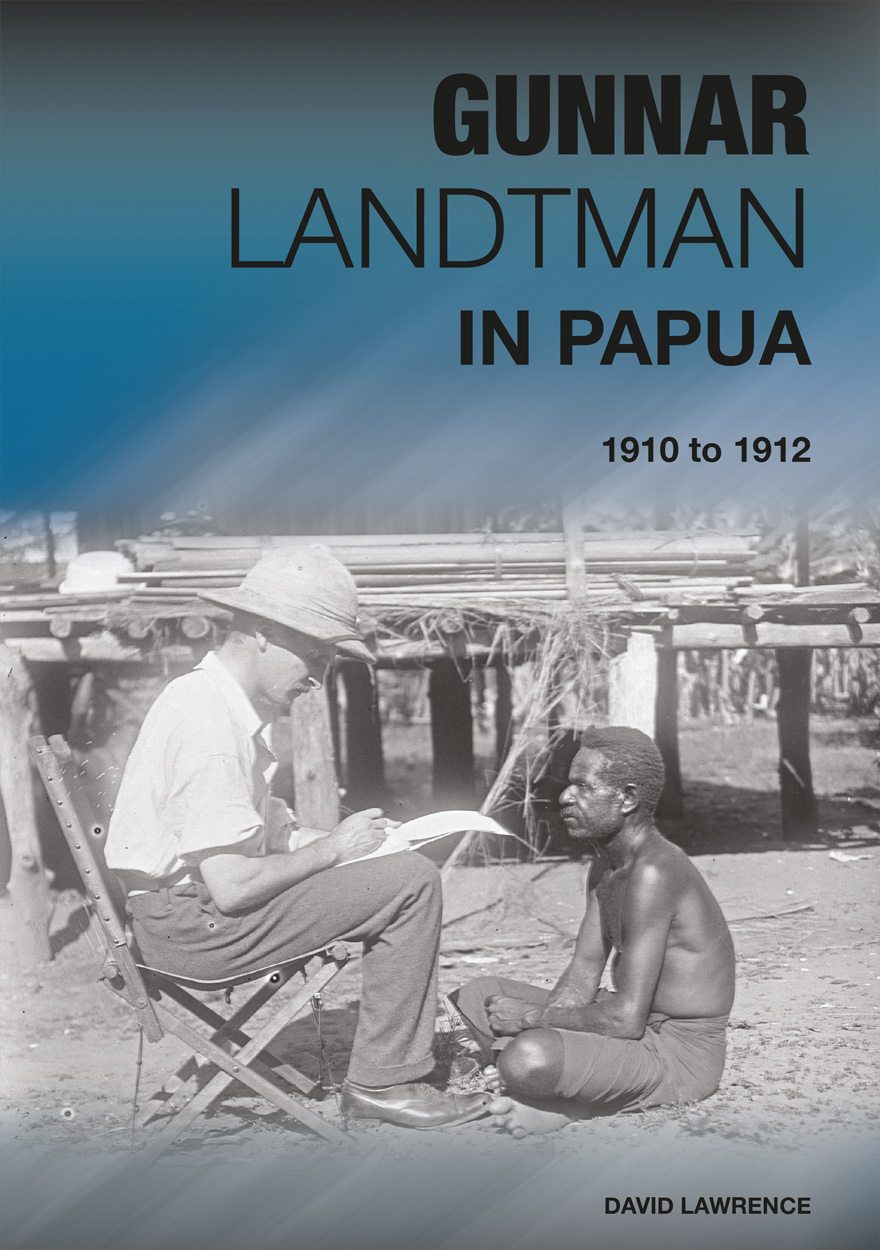
Gunnar Landtman in Papua »
1910 to 1912
Authored by: David Lawrence, Pirjo Varjola
Publication date: January 2010
Despite poverty and neglect the coastal Kiwai of the northern Torres Strait and Fly estuary are a strong and vibrant people with a long tradition of work in the marine industries of the Torres Strait. Regrettably their current social, economic and political problems are marginal to both Papua New Guinea and Australia. Gunnar Landtman’s research, undertaken between 1910 and 1912, is still a foundation stone for understanding the position of the Kiwai today. In those two years in Papua, Landtman managed to record a large collection of valuable legends and stories, many of which are still told today. He travelled widely throughout the Torres Strait, the southwest coast of Papua and the Fly estuary and even to the Gulf District. He made a comprehensive collection of Kiwai material culture now housed in the Museum of Cultures in Helsinki and a second, duplicate set for the Cambridge Museum. He also collected some of the earliest examples of Gogodala material culture available for research. In 1913, he published, Nya Guinea färden [New Guinea expedition], a detailed travelogue of his work and life among the Kiwai and, while he wrote a substantial corpus of work on the Kiwai in English, Swedish and Finnish over the next twenty years, this personal account in Swedish has not been translated into English before. It forms a crucial link between Landtman’s serious academic works and his intimate personal journey of discovery. The aim of this book is to bring the personal face of the serious anthropologist to greater attention.
David Lawrence began studying the Gunnar Landtman collections held by the National Museum of Finland when he was researching customary exchange across the Torres Strait for his doctorate at James Cook University. He was also fortunate to be able to spend two years of fieldwork in the Fly estuary region and visited nearly all the communities described by Landtman. He is a Visiting Fellow at the Resource Management in Asia/Pacific program of The Australian National University and has published works on Kakadu National Park and the Great Barrier Reef Marine Park.
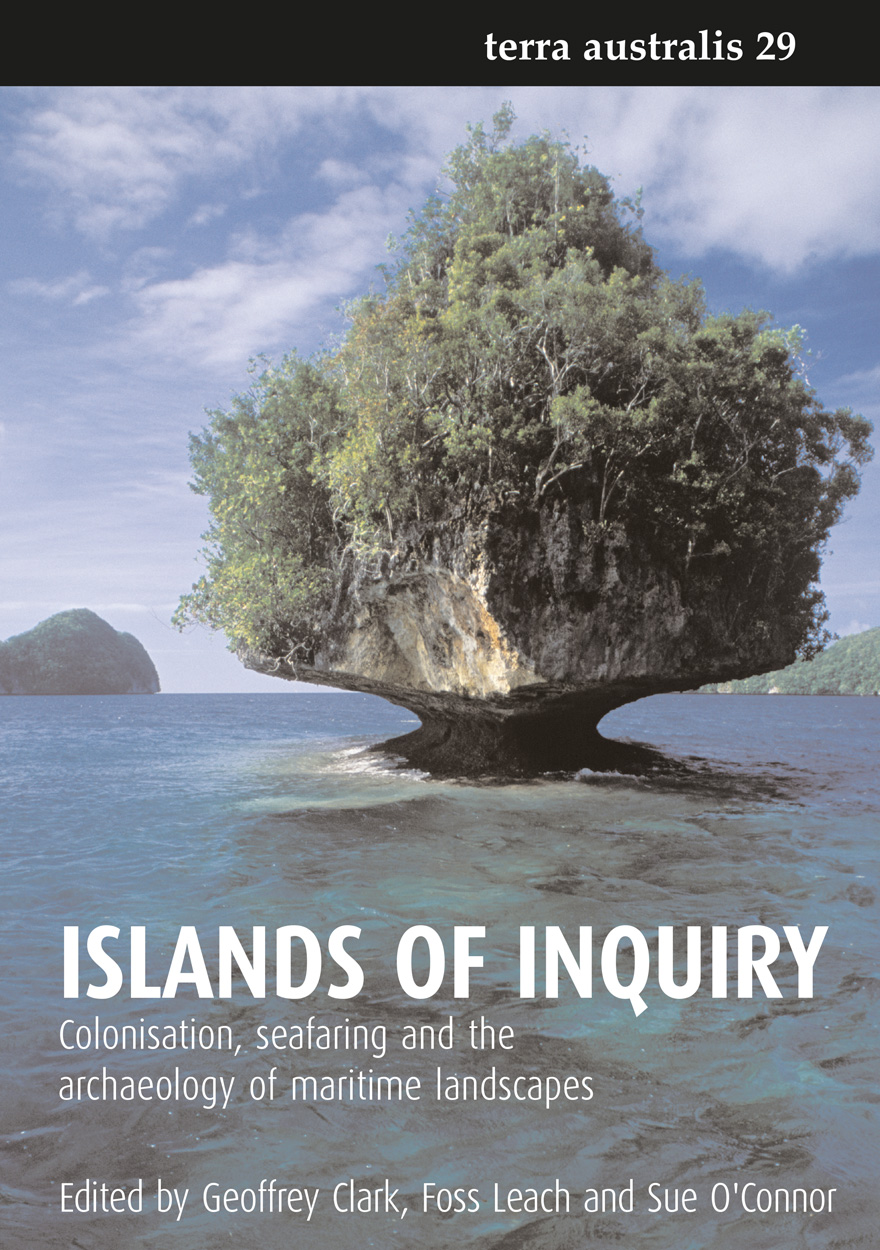
Islands of Inquiry »
Colonisation, seafaring and the archaeology of maritime landscapes
Edited by: Geoffrey Clark, Foss Leach, Sue O'Connor
Publication date: June 2008
This collection makes a substantial contribution to several highly topical areas of archaeological inquiry. Many of the papers present new and innovative research into the processes of maritime colonisation, processes that affect archaeological contexts from islands to continents. Others shift focus from process to the archaeology of maritime places from the Bering to the Torres Straits, providing highly detailed discussions of how living by and with the sea is woven into all elements of human life from subsistence to trade and to ritual. Of equal importance are more abstract discussions of islands as natural places refashioned by human occupation, either through the introduction of new organisms or new systems of production and consumption. These transformation stories gain further texture (and variety) through close examinations of some of the more significant consequences of colonisation and migration, particularly the creation of new cultural identities. A final set of papers explores the ways in which the techniques of archaeological science have provided insights into the fauna of islands and the human history of such places. Islands of Inquiry highlights the importance of an archaeologically informed history of landmasses in the oceans and seas of the world.



